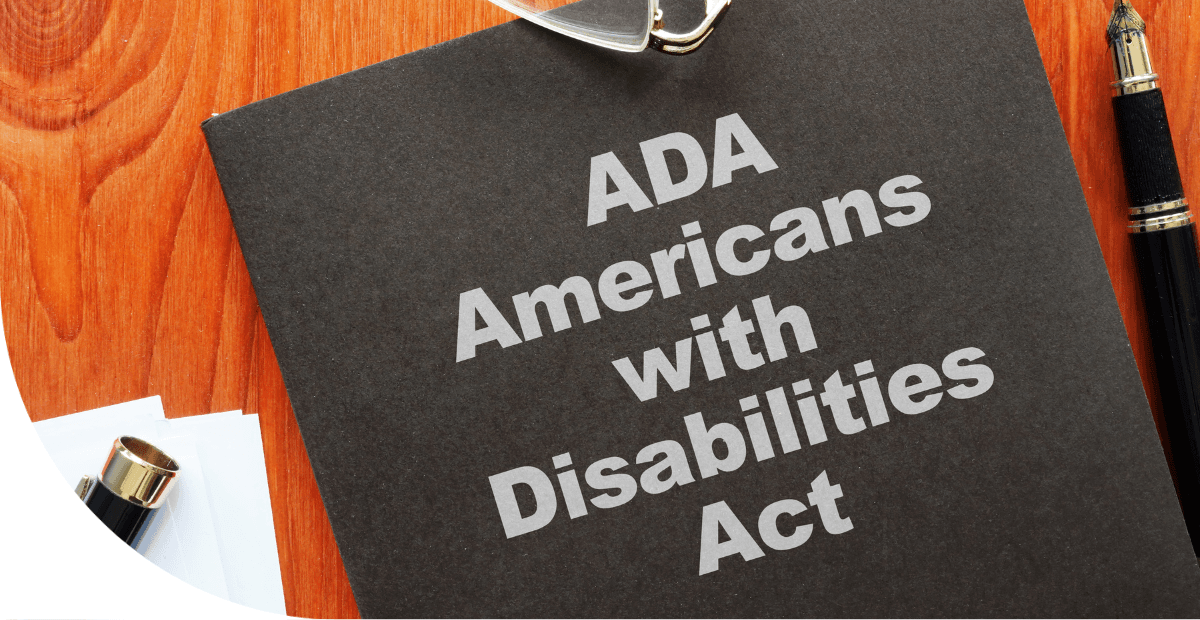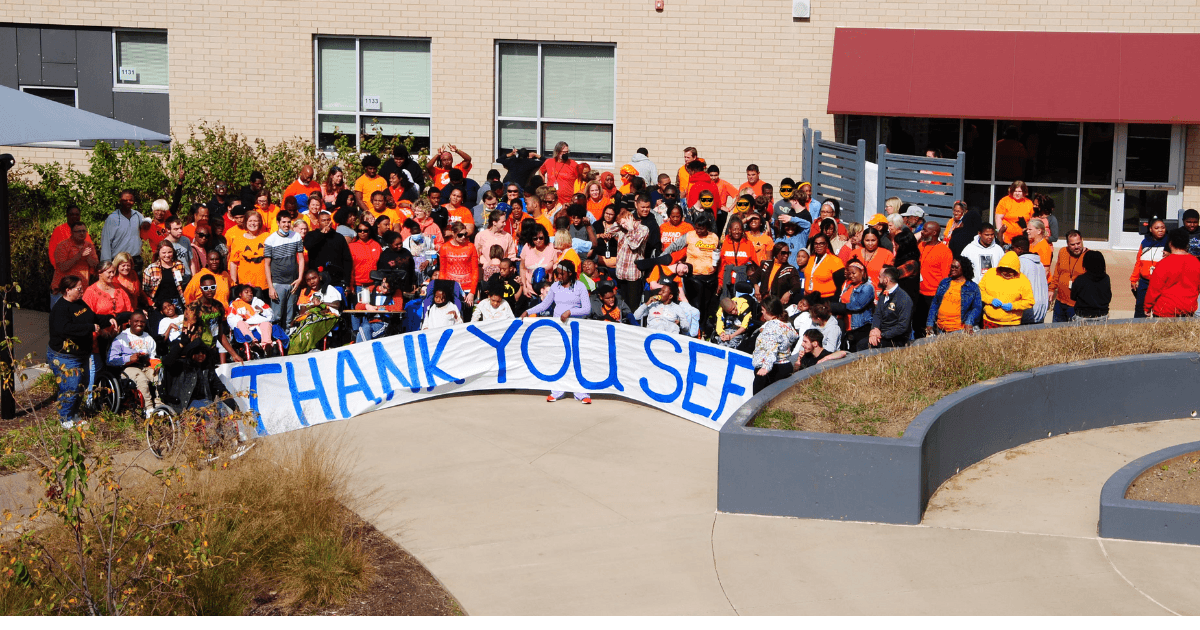
SEF recognizes Learning Disability Week, which is celebrated annually during the third week of June. This year, the week takes place from June 17 to 23. The aim of this week is to educate, spread awareness, and increase understanding of learning disabilities.
Individuals with learning disabilities often face unique challenges. They are twice as likely to experience low self-esteem, social exclusion, and bullying, which can lead to mental health issues. It is important to remember that being diagnosed with a learning disability does not reflect a person's intelligence. Instead, it means they need extra support and specialized care to overcome challenges in specific subject areas and to learn in their own unique ways.
We invite you to join us in spreading awareness and fostering a more inclusive and understanding environment for all. Let's work together to support those with learning disabilities and celebrate their strengths and potential.
Learning Disability Week is a time to reflect on the progress made in understanding and supporting those with learning disabilities. The concept dates back to the 1930s when brain research laid the foundation for awareness. Initially termed ‘brain-injured child’ by Alfred Strauss and Laura Lehtinen, it evolved to ‘minimal brain dysfunction’ and eventually ‘learning disabilities.’
In 1963, Samuel Kirk, known as the “Father of Learning Disabilities,” introduced the term 'learning disabilities' to a group of parents and educators, leading to the formation of the Learning Disabilities Association of America. Significant milestones include the 1973 law prohibiting disability discrimination and the 1975 Individuals with Disabilities Education Act (IDEA), which originated from the Education for All Handicapped Children Act.
The Americans with Disabilities Act (ADA) of 1990 further protected individuals from discrimination, while the No Child Left Behind Act of 2001 and the 2004 IDEA amendment enhanced support for students with learning disabilities.
Join us in celebrating these advancements!

